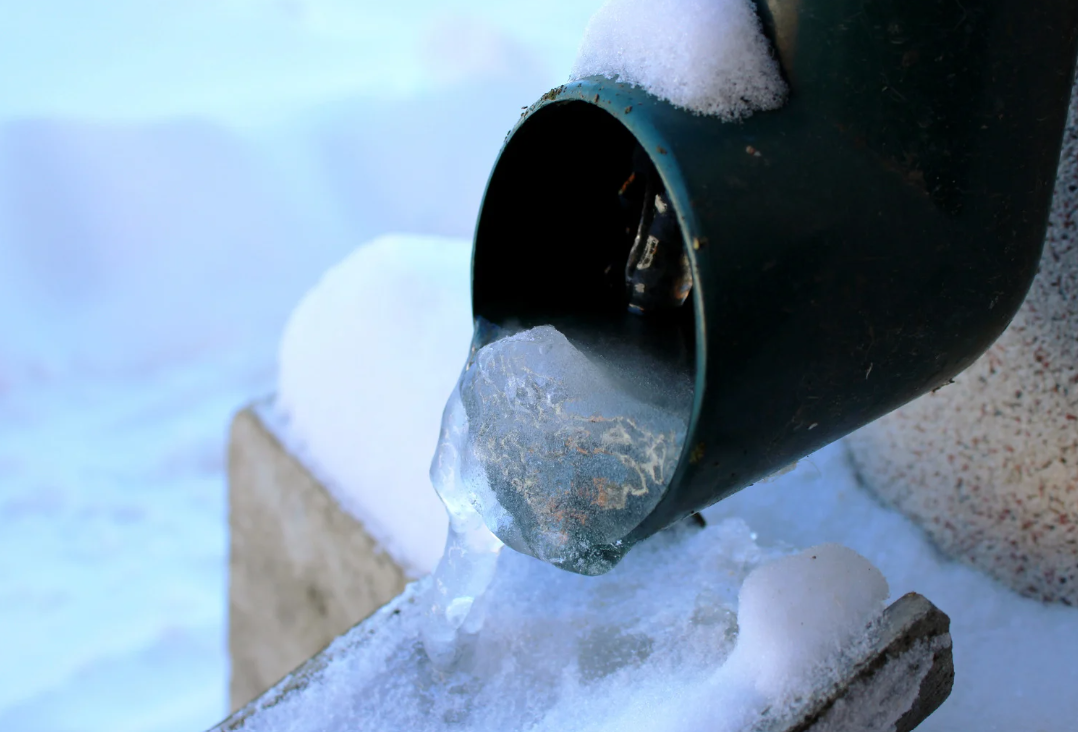Common Policy Exclusions You Should Be Aware Of

When you purchase insurance, it’s easy to assume that you're covered for just about everything. After all, your policy exists to protect you from unexpected events and costly damages. However, it’s important to understand that most insurance policies come with exclusions—specific situations or types of damage that aren’t covered under the terms of your agreement. While exclusions may seem rare or unlikely to occur, they sometimes exclude common or costly damage. This can seriously impact your recovery when something unexpected happens.
Insurance companies often bury these exclusions in the fine print of your policy, or they may not fully inform you of what’s excluded from your policy. Understanding these gaps ahead of time is crucial so that you aren’t blindsided when you file a claim. Let’s take a look at some of the most common policy exclusions and why they matter.
Flood Damage
Flood damage is one of the most common exclusions in homeowner's insurance. While heavy rain, rising rivers, or hurricanes can lead to devastating floods, many policies exclude coverage for water damage caused by these natural disasters. For flood protection, you typically need to purchase a separate flood insurance policy.
Earthquakes
Much like floods, earthquake damage isn’t typically covered under standard homeowner's or property insurance policies. Earthquakes can cause significant structural damage, and if you live in an area with seismic activity, it’s important to check your coverage and consider buying an earthquake insurance add-on.
Mold Damage
While mold damage can develop as a result of water intrusion, it’s typically excluded from coverage in standard policies. Insurance companies may argue that mold growth is due to neglect or improper maintenance. As mold can be both damaging and hazardous to health, consider purchasing additional coverage if you're concerned about mold-related damage.
Infestations (Pests, Rodents, etc.)
Damage caused by infestations—whether it’s termites, rodents, or other pests—is typically not covered under most property insurance policies. Regular maintenance, inspections, and pest control are essential to avoiding this type of damage.
Neglect or Poor Maintenance
If your property is damaged due to lack of proper upkeep or neglect (such as a leaking roof or rotting wood), most policies will not cover the damage. It’s important to maintain your property in good condition to prevent costly repairs not included in your coverage.
Actual Cash Value vs. Replacement Cost Value
Some homeowners insurance policies reimburse damages based on Actual Cash Value (ACV) instead of Replacement Cost Value (RCV). ACV accounts for depreciation, meaning payouts reflect the item's current market value rather than the cost to replace it with a new one. This can leave homeowners covering significant expenses out of pocket, especially for older roofs or belongings.
Roof Payment Schedules
It’s important to understand the limitations associated with roof schedules. Under these provisions, the reimbursement for roof damage is based on the roof’s depreciated value rather than the cost of full replacement. This can leave policyholders with significant out-of-pocket expenses, especially if their roofs are older or made from less durable materials.
Insurance policies are meant to provide peace of mind, but it’s essential to be aware of any exclusions that could leave you unprotected in the event of an unexpected situation. If you’re dealing with property damage and unsure whether your policy will cover it, Averill & Reaney can help. Our team is here to guide you through your property damage claim, ensuring that you understand your policy and get the compensation you deserve.
Contact us today to discuss your case and learn more about how we can assist you in navigating your insurance claims.
Related Posts
Your Trusted Advisors in Property Damage, Personal Injury, and Estate Planning.
Contact Now
We’re here to help you. Fill out the form below to schedule a consultation and one of our team members will get back to you promptly.


